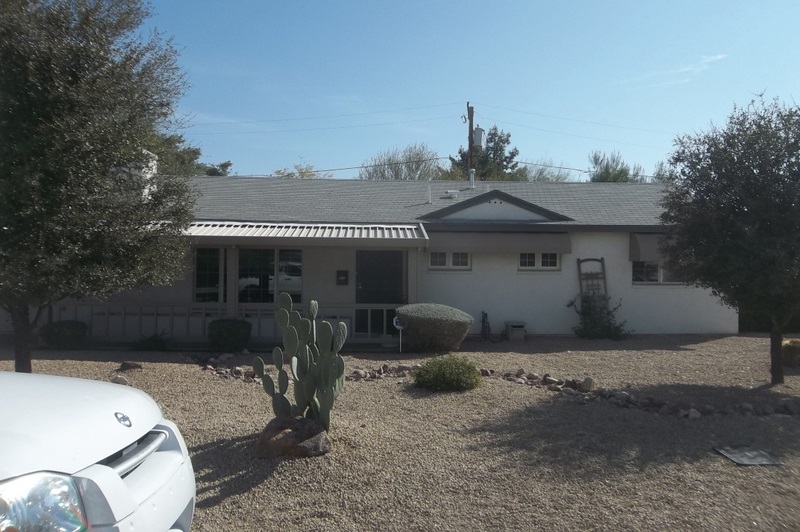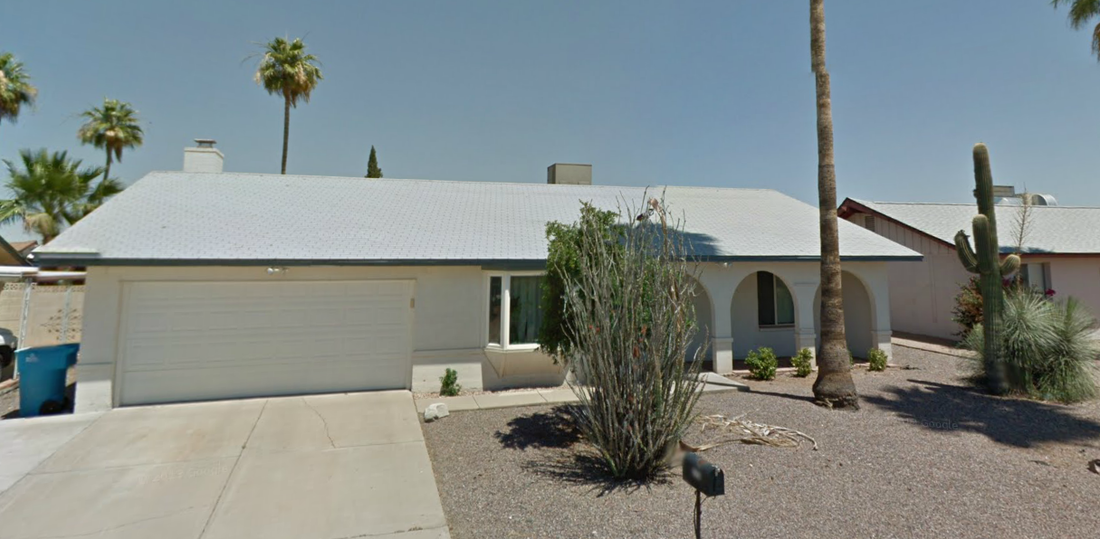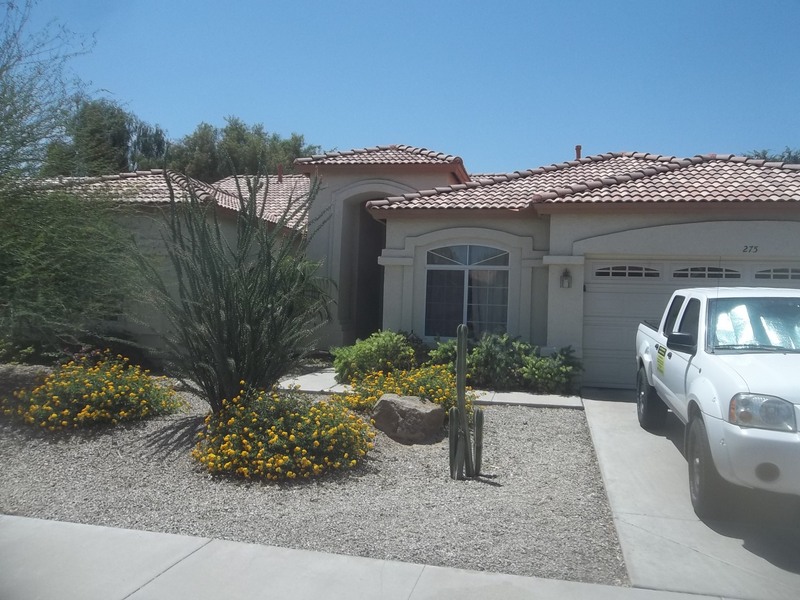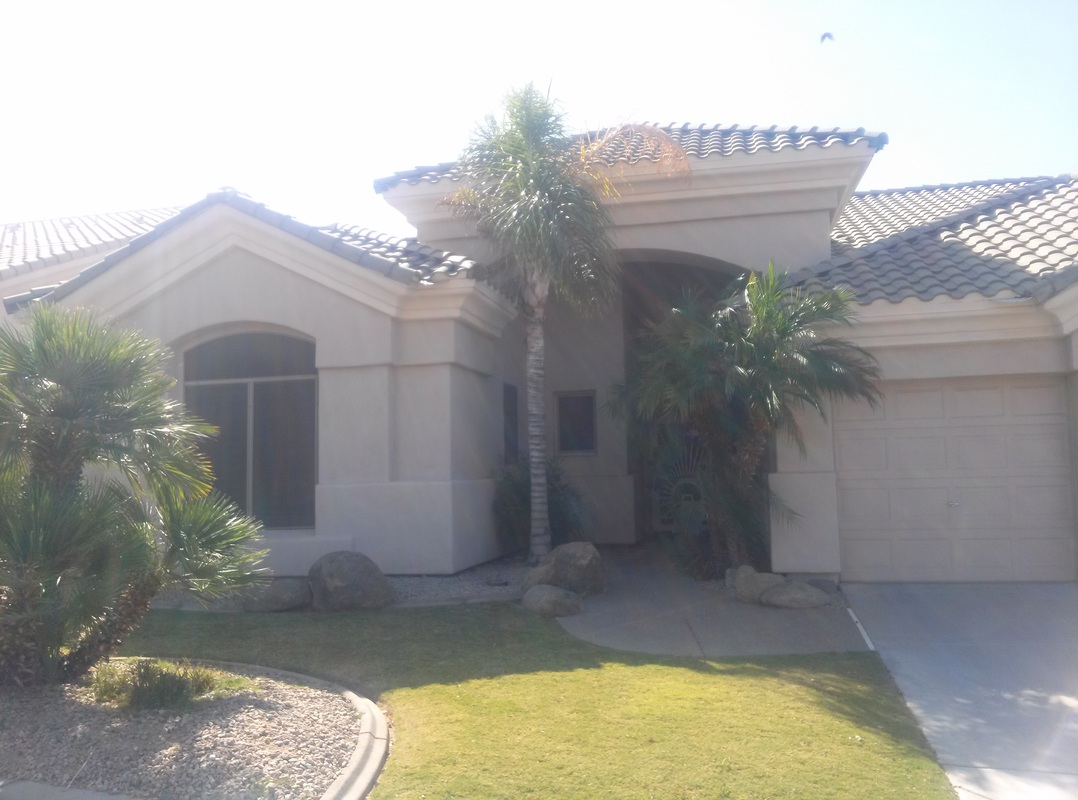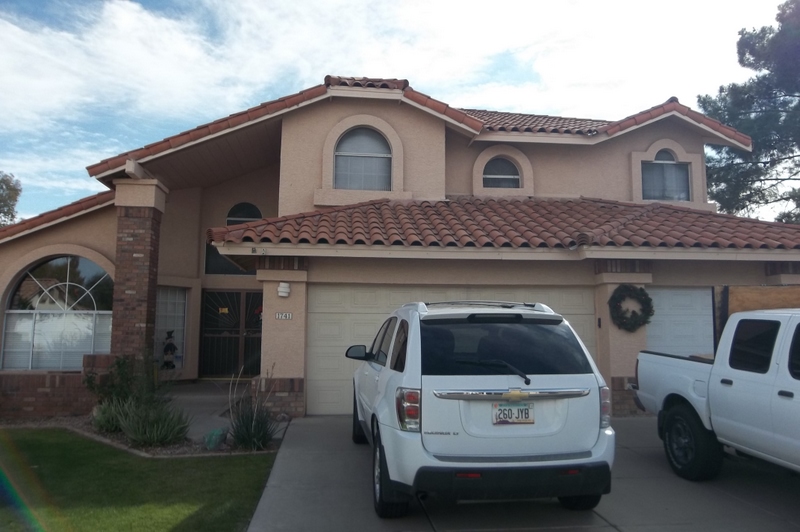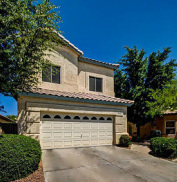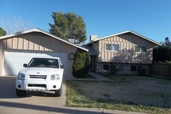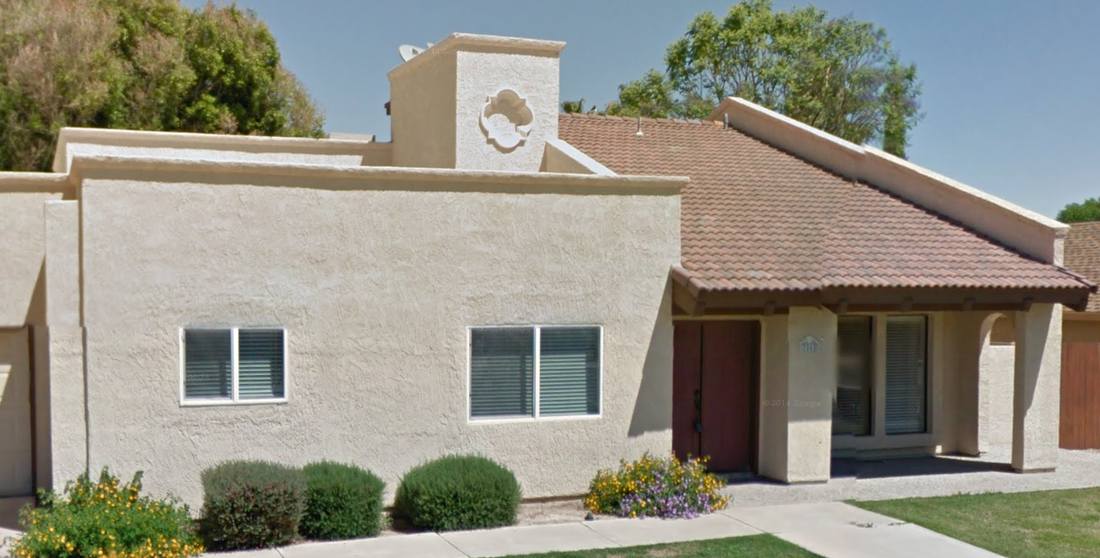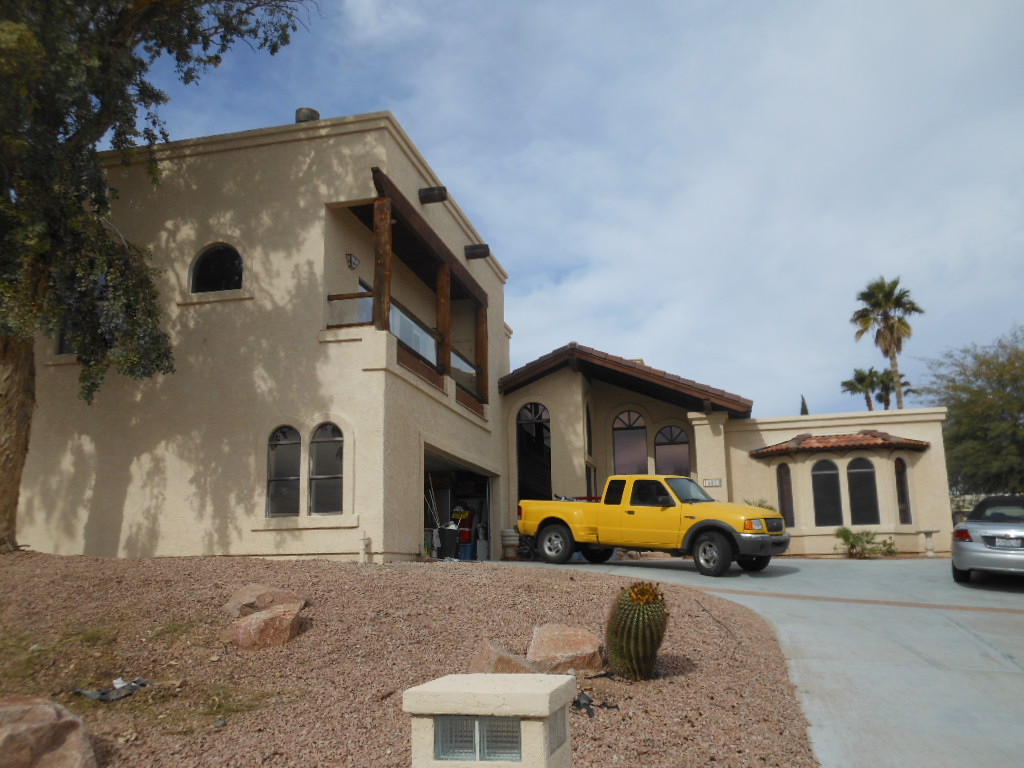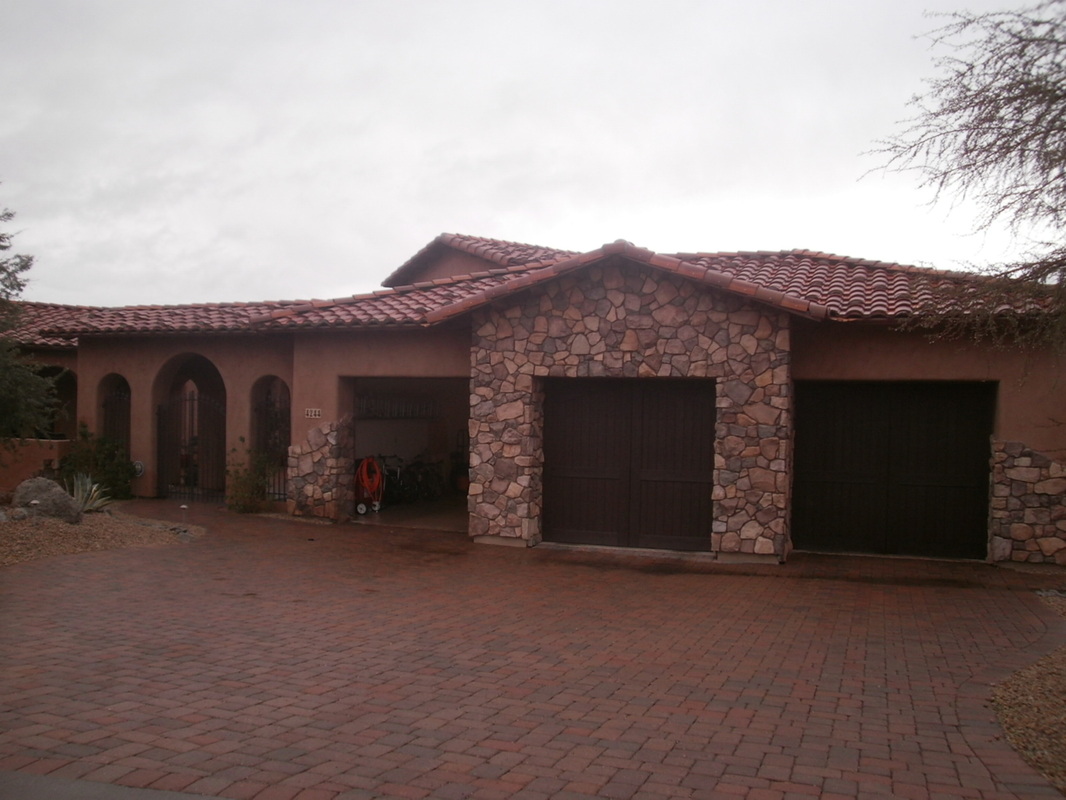|
In Phoenix, air conditioning accounts for about 60% of your home’s electricity costs. In some cases during the summer, energy bills will double because of the A/C use. To combat these outrageous energy prices, most Phoenix homeowners will switch to the APS and SRP time of use plan. On this plan most will only do laundry at night and will set the thermostat up during the day. Here are seven ways you can save on A/C costs without spending thousands of dollars upgrading your A/C unit to a high efficiency unit.
Leave Your Doors Open Your interior doors of course! Phoenix air conditioning companies have spread a lot of false information out there about closing your vents and doors. You want all the interior doors open or at least cracked to help circulate air back to the return. If you notice the doors close by themselves when the heat or air conditioning comes on or dust streaks around the door trim that is a sign the air is getting trapped inside the room when the doors are closed. Why is closing your interiors a bad thing to do? The air gets traps inside the room, and like blowing air into a bottle, you can't force any more air in until you let some out. It can be like putting a blocker in the ductwork that the airflow cannot get past. This makes the room uncomfortable and it makes the heating and AC system work a lot harder trying to overcome the build up pressure in the ductwork. It's a good idea to install a jump duct passive return or an active return in each room to help circulate the air out. If you leave your interior doors open, the air will circulate out on it's own but we say you can never have enough returns. Seal the Ductwork Around Phoenix, most homes are losing between 20% and 30% of their conditioned air in their attic. If 60% of your energy bill is coming from your use of A/C in the summer and 20% of your conditioned air isn’t making in to the actual rooms then you can see how that can add up to quite a bit- especially over 5 or 10 years! Some HVAC contractors don’t seal the ductwork on new, high efficiency air conditioners which is like driving a Prius with a hole in the gas tank. Sealing your HVAC ductwork not only saves money on your heating and cooling bills, it brings less dust in the home too. Air Seal Your Home Sealing your home, especially around exterior doors, electrical and plumbing penetrations, and exhaust fans will keep your conditioned air inside and the outside air outside. Chances are, when your house was built, subcontractors ran wires and plumbing vents through holes in the wall that are much bigger than the wires themselves. That extra space around the wires can let your expensive, air-conditioned air leak outside—and invite hot, summer air inside. This leads to heat gain quickly and makes your A/C unit work harder and more often. Install Shade Screens Shade screens block up to 90% of the sun’s conductive heat while still allowing sunlight in. Windows account from more than half of your homes heat gain because they have no insulation value and are (obviously) transparent. If you’ve been holding back on shade screens because you don’t like the way they look, shop around! There are a lot of discrete designs that are coming out. Or, take them off in the winter! Shade screens are typically clipped onto the frame and can be very easily removed after the summer is over. Increase Your Insulation’s R-value Are you even surprised that Phoenix attics get really hot during the summer? The temperature difference between the attic and the house can be a major contributor to high A/C costs. Having the insulation up to R-38 can protect your home from taking on the heat from your attic and make sure it’s not taking a toll on your bill. Make Sure There’s No Connection Between Your Garage and Your House This is one of the lesser known causes of high energy bills and is surprisingly common in houses in Glendale, Tempe, Scottsdale and Gilbert. Like the attic, the garage gets very hot during the summer. Temperature differences are one of the main drivers of heat gain and having a direct connection to that is like filling a pool with a slash in the liner. While running a blower door test our energy auditors can test and find connections from the garage to the house and let you know if it's worth sealing. If you have an attic hatch in the garage, the changes of having a connection greatly increase in our experience. Sometimes we can see right into the bathroom walls and floor cavity! The difference can be night and day when this is fixed... it pains me just thinking about the waste! Annual A/C Unit Tune Up The most important aspect to this tip is that the tune ups are done by a trusted, experienced, and reliable contractor. I personally know that finding a reliable HVAC contractor can be difficult. Just because your friend is in the air conditioning business does not necessarily mean that they will do a good job. I have been in too many homes where an AC contractor and friend installed a new unit and cut way too many corners simply because that’s the way they’ve been doing it for the last 20 years. After that’s done, fixing any of their work is much more difficult. Here’s an easy test that you can do yourself to see if you’re paying too much for your A/C. With the A/C on, close a bedroom door. Place your hand under the door to see if you can feel air coming out of the room. If you feel air coming out then your room pressures are unbalanced and you are probably paying too much for your A/C. Have an APS or SRP Home Energy Auditor do a home performance assessment to actually measure the pressure in each room to determine if correction is needed. Following these tips are a great first step to lowering your bills and taking control of your A/C use. For other ways to save money on your utility bills, be sure to check out our past articles and get up to speed on APS and SRP energy audits for your home. Feel free to call Green ID for more information or schedule your energy audit.
0 Comments
Your comment will be posted after it is approved.
Leave a Reply. |
Sign Up For Your Home Energy AuditFIND YOUR HOME TYPERanch HomesSingle Story, Spec HomesTwo Story, Spec HomesTri-Level HomesPre-1990 Custom HomePost-1990 Custom HomeDon't See Your Home? Find Your City Below!Archives
April 2024
Copyright Notice©2009 – 2023
All Rights Reserved |


